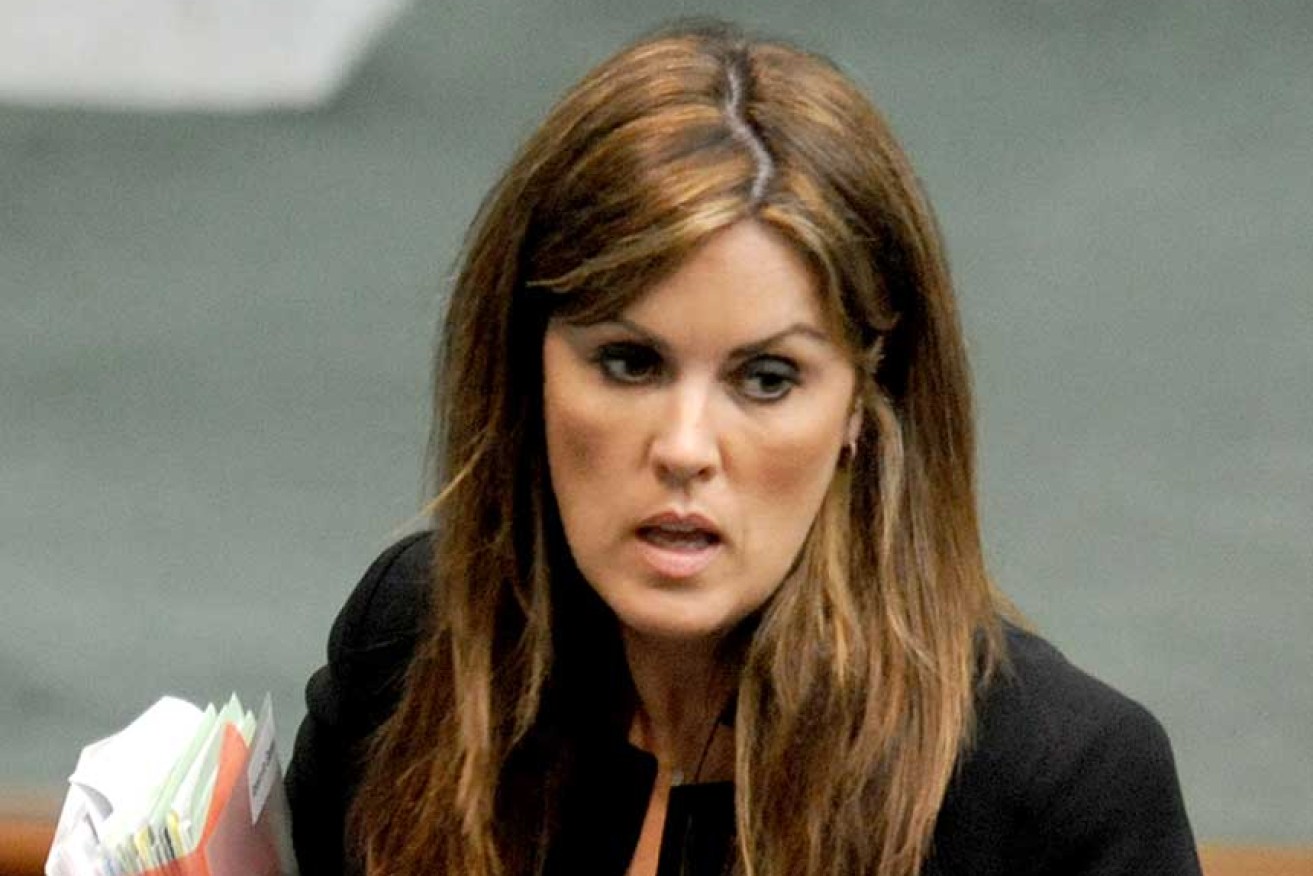Why Peta Credlin’s brief UK visit does not make her a Brexit expert


Peta Credlin believes 45 percent of UK trade is now conducted on better terms than WTO rules. Photo: AAP
Psychologists will spend years trying to unravel the denialism and post-truth politics that swept parts of the Western world in the early 21st century.
Donald Trump is happy to declare daily that up is down and black is white. The Australian media and Parliament have some of the world’s most stubborn voices of climate science denialism, and the UK is awash with politicians who reject warnings about the likely impact of leaving the European Union without a deal with Europe.
There are peculiar common threads in this denialism, suggesting it is all about psychology rather than specific facts or rational policies.
Mr Trump dismisses climate change and the costs of a no-deal Brexit, while British opponents of climate action like Sir Nigel Lawson stick their fingers in their ears when UK business leaders, the Bank of England and other experts talk about the damage the economy is already suffering due to the possibility of a no-deal Brexit.
Now we have Tony Abbott’s former staffer echoing her ex-boss’s opinion that the UK has little to worry about in jumping off the cliffs of Dover into a no-deal Brexit.
After visiting the UK over Christmas, Ms Credlin wrote a column for News Corp newspapers insisting that an “infantile” Britain should stop worrying about “Project Fear in overdrive” as it would be no huge problem to abandon the world’s largest trading block in favour of basic World Trade Organisation rules.
“Britain already does 55 per cent of its trade under WTO rules, so without a special deal with the EU, it just means the EU 45 per cent would have to be this way too,” she wrote. “It’s how Australia conducts its trade with the EU … so I fail to see the emergency here.
“Sure, in the event of no deal, there will be a few weeks – maybe more – of delays at the border and some prices might change as tariffs alter; but stockpiling drugs, worries of no food on the shelves? … Come on Britain – where’s your ‘keep calm and carry on’?”
Now, a brief Christmas visit might have left Ms Credlin better informed about UK trade than most leaders of British industry but as is often said: We are entitled to our own opinions but not our own facts.
The most recent official figures, for 2017, show that Britain actually does about 49 per cent of its trade with the EU and another 12 per cent with countries that have their own trade deals with the EU. That means that 61 per cent of UK trade is now conducted on better terms than WTO rules, rather than the 45 per cent Ms Credlin claims.
And if the UK was staying in the EU its proportion of trade on “better than WTO” rules would soon leap to about 67 per cent because the EU has recently signed deals with G7 powers Japan and Canada and is in advanced talks with Australia, New Zealand, Singapore and Vietnam.
In contrast, a no-deal Brexit would leave the UK starting with no free trade deals, years of treaty work and much less bargaining clout than the EU.

British Prime Minister Theresa May has a busy week ahead as the Brexit deadline looms. Photo: AAP
While “WTO rules” sound perfectly harmless, there is a reason why not one of the WTO’s 164 member nations relies solely on those rules – trade deals almost always deliver more jobs and profits.
Kate Nicholls, the chief lobbyist for Britain’s hospitality industry, says the denialists seem not to realise that WTO rules have other downsides beyond imposing new tariffs and quotas that would drive up prices, spur inflation and threaten supply lines.
“WTO rules also mean there have to be border checks on a lot of other things, from labelling to safety regulations,” she told The New Daily.
And the UK has a special problem. While Australia trades through many ports, UK-EU trade would face a massive bottleneck at the English Channel.
A no-deal Brexit would force thousands of truck drivers to complete customs forms in French and English at Dover and Calais every day, Ms Nicholls says. If each truck was stopped for just 90 seconds there would be two-day-long queues within two hours, she reckons, and they would soon stretch to two-week pile-ups, ruining fresh produce and just-in-time supplies.
And yet with just 27 working days left until March 29, the legislated day of Brexit, the UK government has taken on almost none of the new customs staff and infrastructure it would need, let alone bulldozed the white cliffs of Dover to build the world’s biggest parking bay.








